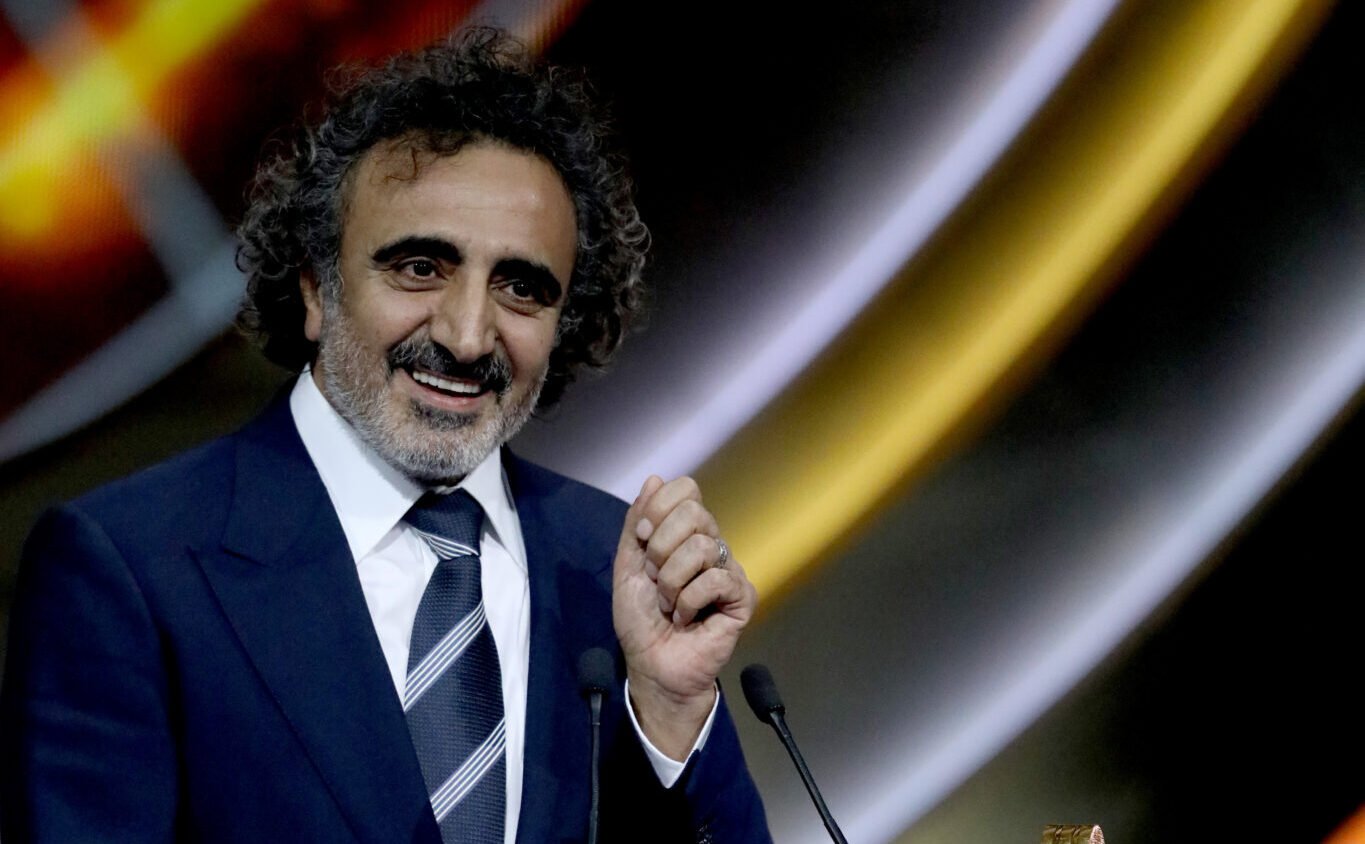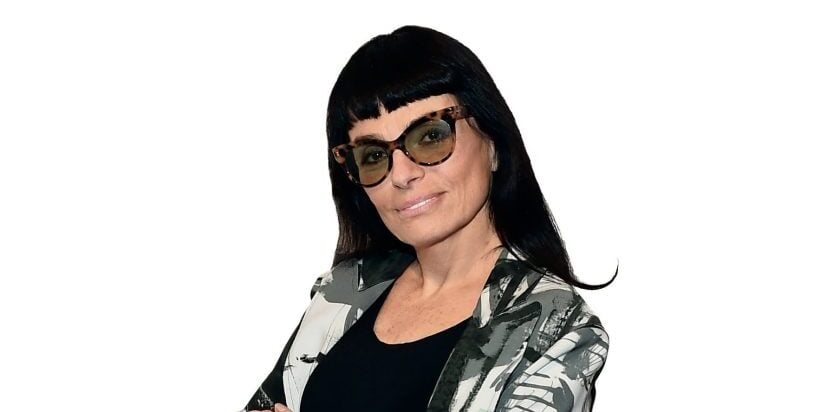“It’s time to admit that the playbook that guided businesses and CEOs for the last 40 years is broken,” says Hamdi Ulukaya, CEO of Chobani, in his 2019 TedTalk. Ulukaya is an entrepreneur unlike most. Not only has he built the most successful yogurt company in the country, but he has done it by sticking to an unconventional set of principles and guidelines—chief among them, putting his employees before his shareholders.
Ulukaya has demonstrated, at every step of Chobani’s rise to success, that he is committed to putting his employees first and is better off for it. This attitude of inclusivity is reflected in many ways, one being that an estimated 30 percent of the Chobani workforce is made up of immigrants and refugees. Ulukaya has chosen to look past certain barriers that might prevent other corporations from sharing the same commitment, like language barriers and lack of transportation. Ulukaya expresses that getting translators and buses is not rocket science, and he emphasizes that it is the responsibility of businesses to ask what they can do for communities, not what a community can do for them.

In 2011, Chobani, which is headquartered in upstate New York, opened a new factory in Idaho. Before deciding to break ground, Ulukaya went there to meet the local farmers and talk to them directly about what they needed from businesses looking to build facilities there. Ulukaya frequently stresses the importance of people, their communities and creating lasting, positive relationships between those communities and his business. “Ask for permission,” he notes in his 2019 TedTalk, “If you are right with your people, if you are right with your community, if you are right with your product, you will be more profitable, you will be more innovative, you will have more passionate people working for you and a community that supports you…This is the difference between profit and true wealth.”
While some might choose to adhere to the old playbook, making decisions based on spreadsheets, Ulukaya makes decisions with his workforce in mind. In 2016, the New York Times reported that Ulukaya surprised his 2,000 full-time employees with white envelopes. In those envelopes were details of ownership stakes awarded to each employee based on tenure. “I’ve built something I never thought would be such a success, but I cannot think of Chobani being built without all these people,” Ulukaya told the New York Times, “Now they’ll be working to build the company even more and building their future at the same time.”
Ever committed to the importance of fair and equal pay for all of their employees, Chobani commits itself to transparency and accountability, noting on their website that at the end of 2019, an internal analysis was conducted to “ensure that employees in similar job levels are being paid fairly based on justifiable compensation factors—such as tenure and performance—and not discriminatory factors, like gender and race.” Beyond their commitment to inclusion, transparency and equality, Chobani has created their own definition of fair pay. According to Forbes, Chobani raised their hourly wage earlier this year to $15 per hour, more than doubling the federal minimum wage and affecting approximately 70 percent of their total workforce.

Adhering to his own standards of how to treat and value his employees has only benefited Ulukaya’s entrepreneurial efforts. In fact, it has helped propel the multibillion-dollar company to being the top-ranked business in the yogurt industry. This goes to show that the values Ulukaya holds dear—gratitude, support, transparency, inclusion and respect—do not have to be seen as roadblocks to profitability. They can, in fact, be tools used to generate a business that lifts up it’s employees, investors, C-suite and surrounding community.








